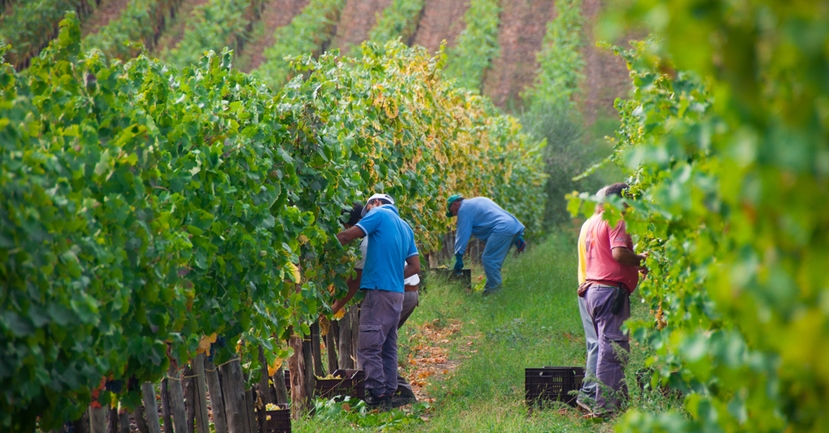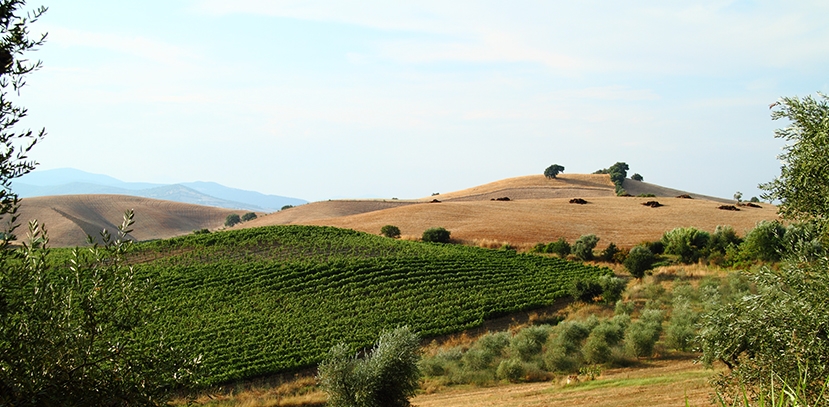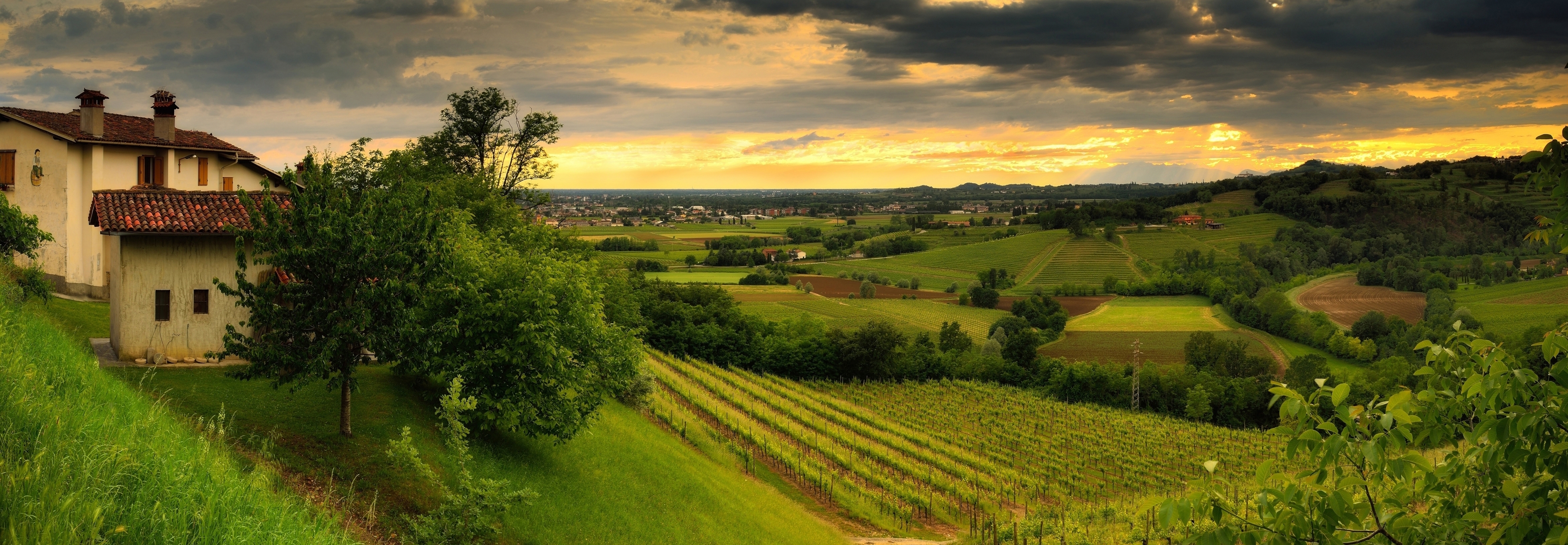BLOG
Lisbon for Wine Lovers: A Cultural Escape with the Best of Tejo Wines
Victoria Daskal
Regional Spotlight

Lisbon, founded over 3,000 years ago, is one of Europe’s oldest capitals and a historic hub of discovery—from the Age of Exploration to its modern appeal as a haven for digital nomads. Timeless yet vibrant, the city blends old-world charm with a modern edge. Its culture and gastronomy are especially enticing for wine and food lovers.
Just beyond Lisbon lies Tejo, a lesser-known wine region with diverse terroirs and rising star-quality producers, offering a hidden gem for wine enthusiasts. This guide explores 24 hours in Lisbon, introduces Tejo as a day trip or longer getaway, and highlights some of the region’s most intriguing wines.

Historical walk around Lisbon
Legend has it that Lisbon, like Rome, was built on seven hills. A walking history tour, easily booked through platforms like Airbnb, is the best way to explore the city’s cobbled streets and iconic landmarks. Our guide, a master's student in Portuguese History, led us on a fascinating three-hour journey through time, covering everything from the Pre-Celtic tribes to the Carnation Revolution.

A Pause for Pastéis de Nata
Lisbon is home to the famous pastel de nata, a flaky pastry with creamy custard filling. Originating in the city, these tarts are a must-try, with Manteigaria in Chiado often hailed as the best.

Azulejos: A Feast for the Eyes
After the 1755 earthquake, Lisbon was rebuilt with "Pombalino" tiles, named after Marquês de Pombal. Practical and less expensive, they protected against dampness, cooled homes, and reduced noise. Over time, many have crumbled, leaving patchwork evidence of the city’s splendor. The Museu Nacional do Azulejo, or National Tile Museum, showcases Portugal’s traditional azulejo tilework.

Fado for the Soul
Fado, believed to have originated in Lisbon's working-class neighbourhoods in the early 19th century, is traditionally sung by women. The songs, often about lost sailors, broken hearts, and fateful reunions, are deeply moving even if you don't understand Portuguese.

Wine and Dine in Lisbon
Wine is important in Lisbon. The city is dotted with beautiful squares and view points to enjoy a copo de vinho with your friends after a long day. Praça das Flores, one of Lisbon’s loveliest squares, is a perfect hangout for wine lovers where you can visit the the local Black Sheep wine bar, gravitating towards natural wines and artisanal producers from Portugal and around the world. You can drink inside, but they will happily pour you a glass to enjoy by the fountain in the leafy square. A few doors down is the ultra-chic Magnolia, a refined and well-regarded restaurant and wine bar.

Day Trip to Tejo Wine Region
Just an hour’s drive from Lisbon, the Tejo wine region offers the perfect opportunity to explore Portugal’s flourishing wine scene. The region, named after the Tagus (Tejo) River, stretches for 80 km upstream and encompasses a variety of terroirs and diverse microclimates, from maritime to continental.

Tejo’s Unique Terroirs
The region is divided into three main terroirs:
Bairro: The northern section of Tejo has a continental climate with schist and clay soils.
Campo: Comprised of alluvial soils along the river, with a more maritime influence.
Charneca: Just south of the river, a warm and dry climate with flat terrain composed of poor sandy soils.
These diverse conditions allow for a broad range of wines, from crisp, refreshing whites to rich, velvety reds. Wine has been produced in this region since Roman times, and their remnants can be seen throughout, including the famous Roman ruins of Villa Cardillio in Santa Maria. Historically, this region has been focused largely on cheap, bulk wines, but many of its 80 producers have now shifted towards producing high quality, great value for money, wines.

Key Grapes and Wines to Look For
Portugal is a paradise for wine lovers, with over 250 indigenous grape varieties. Tejo’s key grapes to look out for include:
Fernão Pires: an important local white grape variety which provides notes of citrus, stone fruit and spice with moderate acidity.
Touriga Nacional: Famous for Port wine, but produced in large quantities in Tejo, this grape variety is growing in popularity due to its high adaptability and potential to withstand a changing climate. Here, it produces more structured, fruit-forward reds with complexity and aging potential.
Castelão: A local red grape with ripe berry flavours and firm tannins.
Arinto: A high-acid white, with refreshing lemon notes.
Alvarinho: Grown in the northern region, this white grape adds vibrant aromatics to Tejo wines.

Top Producers to Visit in Tejo
Ode Winery: A modern, premium quality producer with a focus on minimal intervention and maximum attention to detail. Their wines are elegant, fruit-forward, and showcase the terroir beautifully. They have invested a lot into their magnificent underground cellars and stunning tasting room where they also teach wine courses.
Quinta da Lapa: One of the oldest estates in the region, established in 1733. Their wines possess a remarkable freshness, thanks to its proximity to the sea and mountainous terrain. They produce a varied portfolio that spans sparkling wines, traditional claret, white and reds from international and local varieties. They also operate as wine hotel, with artistic and tasteful décor, making it worth a visit itself.
Casal Branco: This traditional, grand quinta dates back to 1775, famous for producing wine and breeding the beautiful white Lusitano horses. They offer a wide portfolio of styles, but the late harvest wine, Falcoaria is truly exceptional.

Top 6 Tejo wines to try:
Quinta da Alorna, Reserva das Pedras Tinta Miúda
Delicious, juicy red cherries and spice with minty edge.
Ripe lemon, pith and fennel notes. Linear and pure, a gastronomic delight.
Pale and ruby hued with blood orange and sour red cherry flavors. Perfect when served chilled.
Exceptional salty, mineral and nectarine nose. Excellent bright acid with smooth mouthfeel.
Casal da Colheira, Amphora White
Lovely gold amber wine from three months of maceration. Earthy, nutty and apricot flavors.
Encosta do Sobral, Reserva 2020
Big, powerful, energetic red with ripe black fruit and liquorice flavors.

Lisbon and Tejo—A Perfect Pairing
Lisbon’s charm lies in its ability to marry the old with the new, and the same is true for the nearby Tejo wine region. Spend your day immersed in Lisbon’s culture, art and cuisine, then venture just beyond the city for a taste of the region’s up-and-coming wines. Whether you’re sipping a glass of claret in a Lisbon wine bar or enjoying a tour of a family-run vineyard in Tejo, the combination of city exploration and wine tourism promises an unforgettable experience.



